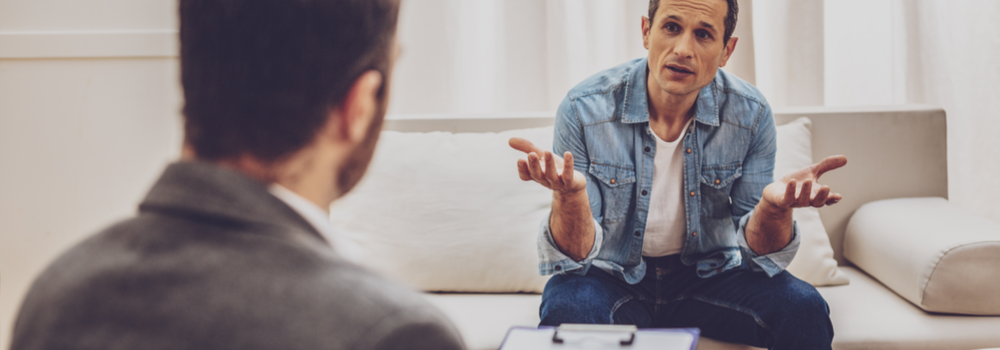Addiction recovery is more than just working through a physical addiction. It affects the mind, body and spirit, with many psychological wounds often lingering over time. For many people, these psychological wounds are what sparked addictive patterns of behavior in the first place – to fill a void, to distract oneself from the uncomfortableness that comes with symptoms of mental illness or as an emotional response to low self-esteem or self-pity. No matter your particular circumstance when it comes to addiction, there are likely some thoughts that have held you back from yourself, from others and from your larger life goals. For example, one person shared their story of how their emotional trauma influenced their addiction via RTOR.org. They stated, “…Dissociation became a coping mechanism. Life became tolerable for a while. I stopped allowing myself to my emotions…Frantically searching for relief, I outsourced my avoidance. Drugs and alcohol became my first reprieve.”
If this is something you’ve experienced, you’re not alone. Cognitive behavioral therapy (CBT) is a form of psychotherapy and behavioral therapy combined; the tools learned through this form of therapy help teach people to recognize their thought patterns and more critically decide which thoughts are worth placing emphasis on and which ones aren’t. Since our thoughts can directly influence our behavior, CBT gives us the power to change those automatic responses – such as those found through addiction – into the use of healthier coping mechanisms.
The United Nations Office on Drugs and Crime emphasizes that CBT can greatly assist with relapse prevention by helping those in recovery adapt different strategies that could intervene with relapse, such as:
- Planning and coordinating structure throughout the day to avoid habits of drug use
- Avoiding or leaving situations in which substances are involved
In 2015, researchers published a study in which they assessed 240 patients in treatment for opioid dependency. One hundred and twenty individuals were assigned to CBT-based treatment, while the other half completed treatment as normal. After 26 weeks of follow up, the researchers found some amazing results:
- Patients who completed CBT treatment had a higher proportion of opioid-negative urine samples
- Those who completed CBT experienced a greater decline in addiction severity compared to the other group
Overall, CBT has been shown to be highly effective in helping treat addiction, along with many others conditions.
Tree House Recovery is a men’s treatment program located in Portland, Oregon. Creating sustainable recovery through sustainable change, our programs help men learn how to live sober with adventurous lives. Call us today for information: (503) 850-2474




